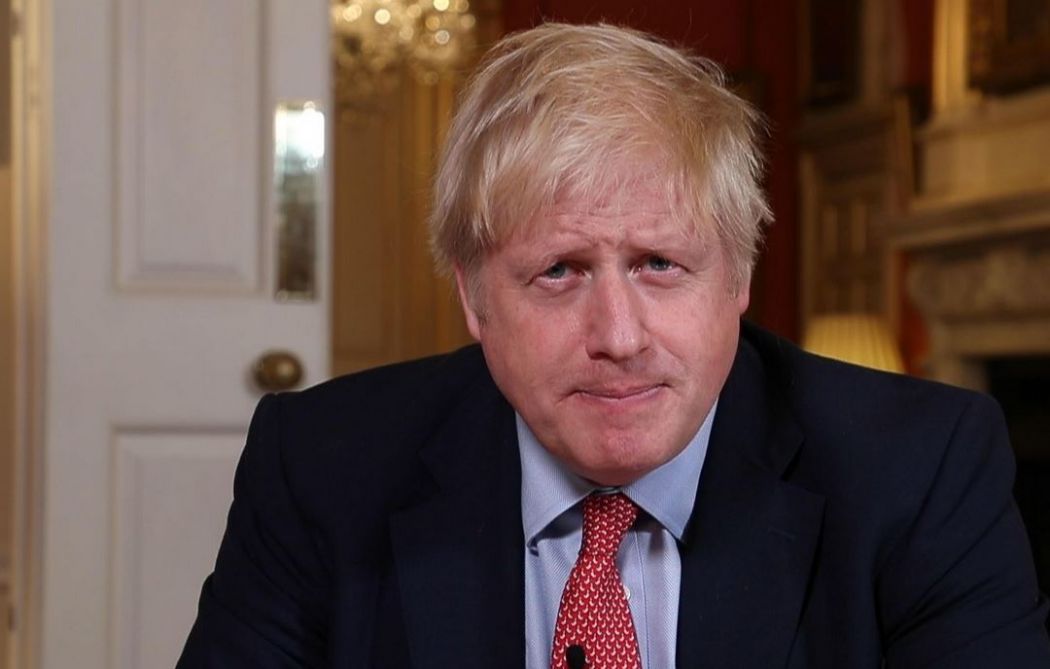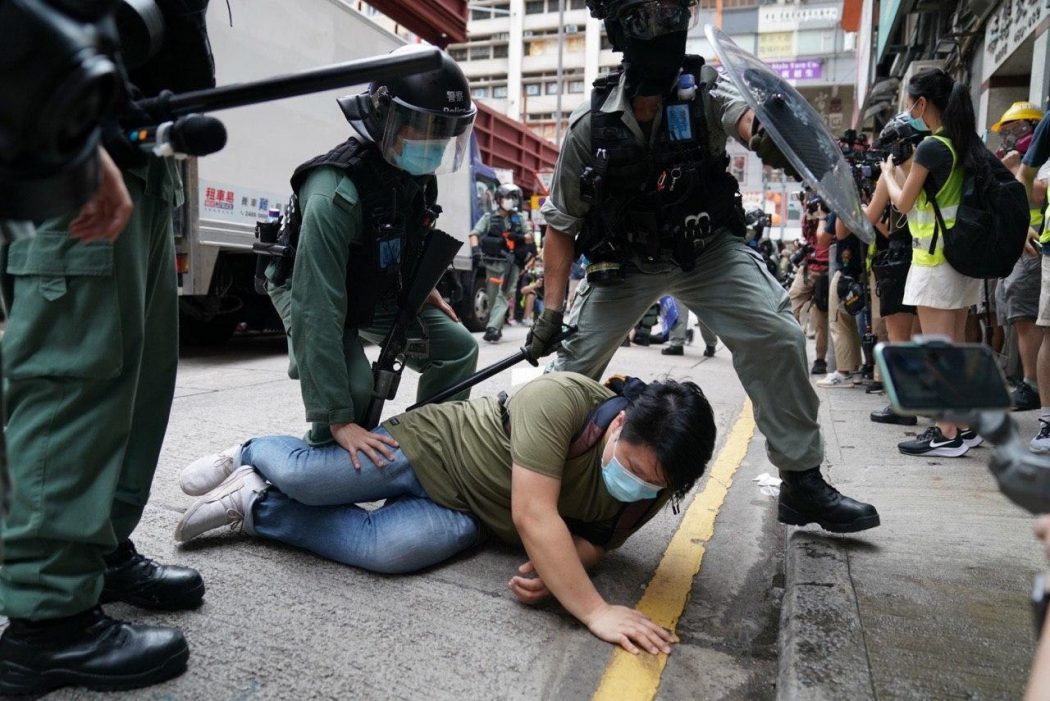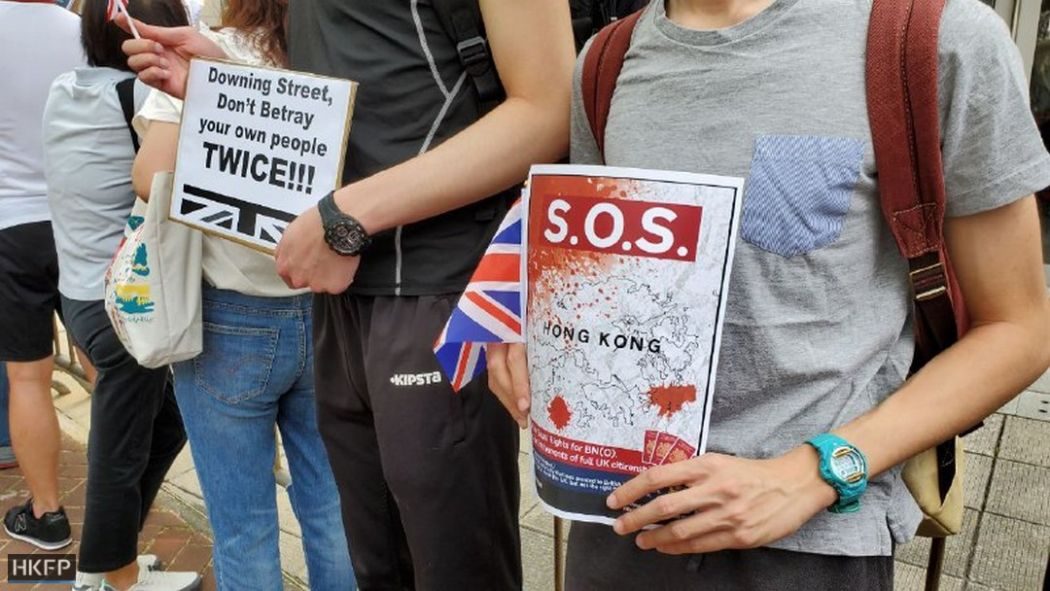by Dmitry Zaks
Britain’s proposed pathway to citizenship for residents of Hong Kong faces a huge stumbling block — China itself — that could scupper attempts by anyone to take up the offer.
Prime Minister Boris Johnson dangled the promise in response to a sweeping new security law that Beijing has imposed on the former British colony.

London handed the economically vibrant city back to China in 1997 on condition that Beijing preserved its judicial and legislative autonomy for 50 years.
But Britain and most other Western powers feel the new security law seriously undercuts that commitment.
Can everyone come?
Britain’s offer extends to the 2.9 million of Hong Kong’s 7.5 million residents who either have British National Overseas (BNO) passports or are eligible for one.
The distinction is controversial on two fronts.
Beijing said Thursday it views this category of Hong Kongers as “Chinese compatriots (who) are Chinese nationals”.

And some in Britain point out that it mostly covers older people who were eligible for the special passports before the 1997 handover to Beijing.
UK Foreign Secretary Dominic Raab said there would be “no quotas” and that younger “dependents” of those eligible can also apply.
But he conceded that “only a proportion” of Hong Kongers were likely to take up the offer.
What if China says no?
China has come very close to doing so already.
Its embassy in London issued an angry statement on Thursday warning of unspecified “corresponding measures” against Britain.
Beijing has never raised the idea of offering UK residents a pathway to Chinese citizenship and is unlikely to do so now.

But it could try to deny eligible Hong Kongers the right to leave or reassert its claim of legal jurisdiction over the migration process.
Its embassy warned that extending citizenship would “breach (Britain’s) own position and pledges as well as international law and basic norms governing international relations”.
Raab conceded on Wednesday “that there would be little that we could do to coercively force” China to allow Hong Kongers to leave.
What else can Britain do?
Britain had been courting closer relations with China as it searched for partners — and access to cheaper goods — after its controversial exit from the European Union in January.
But Johnson is facing intense pressure from leading members of his Conservative party to ditch that approach.
His government is already looking at ways it can strip China’s Huawei telecoms giant out of Britain’s growing 5G data network.

The tide of public opinion also appears to be turning against Beijing.
A poll commissioned by a group of Conservative lawmakers indicated that 72 percent of Britons were willing to pay more for medical and telecoms equipment if it meant greater self-reliance.
And half backed sanctions and asset freezes against Chinese officials for their actions in Hong Kong.
Do Britons want migrants?
Britons’ 2016 vote in favour of leaving the EU was driven in part by a desire to reassert control over the country’s borders and keep out migrants who compete for local jobs.
Passions over the issue have calmed since the wave of migrants from the Middle East swept across Europe about five years ago.
Some anti-migrant groups active during the EU membership referendum have now voiced alarm at the idea of millions of Hong Kongers coming to Britain.
The Migration Watch UK campaign group called it “a potential disaster for immigration control”.
But this view is not universal among more conservative groups that backed Britain’s split from the EU.
The Spectator magazine that Johnson himself once edited has for decades campaigned in favour of standing up for Hong Kong and making its citizens British.
Many older Tories also believe the immigration change rights a historic wrong that should have been offered before the handover in 1997.
Support HKFP | Policies & Ethics | Error/typo? | Contact Us | Newsletter | Transparency & Annual Report | Apps
Help safeguard press freedom & keep HKFP free for all readers by supporting our team

























